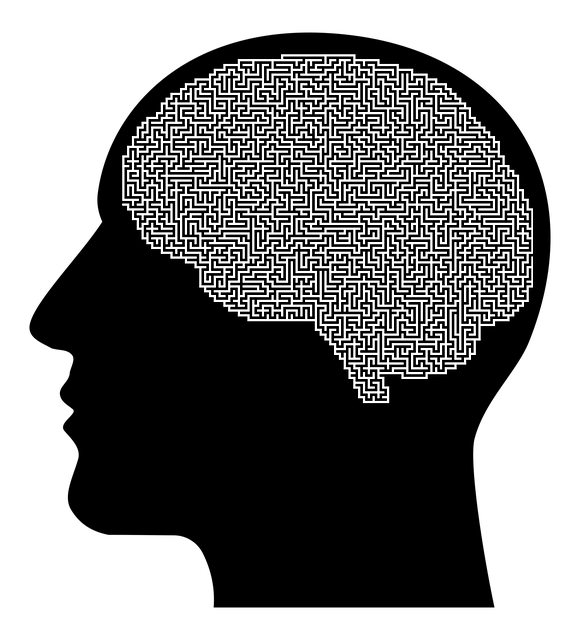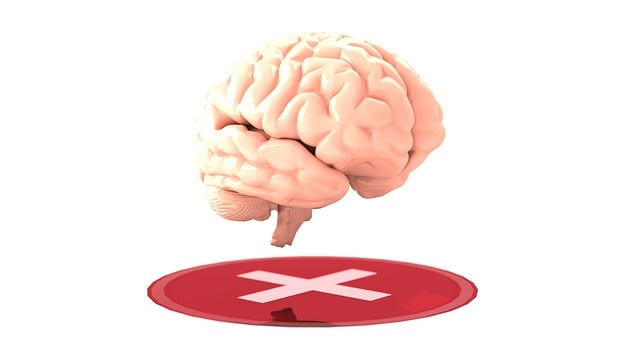Understanding Mental Health Data through diverse collection methods, including self-reported surveys, clinical assessments, electronic health records, and wearable devices, is crucial for effective Boulder Stress Management Therapy (BSMT). Despite challenges like memory bias and privacy issues, advanced analytics tools using machine learning algorithms help reveal hidden patterns in complex datasets. This enables personalized therapy strategies based on symptom analysis, communication methods, and qualitative feedback, ultimately improving BSMT quality of care and mental well-being outcomes. Public awareness campaigns and ethical guidelines promote transparency, fostering trust and driving evidence-based interventions.
Mental health data analysis is a critical component in understanding and addressing psychological well-being. As our world becomes increasingly digitized, collecting and interpreting these data points are more accessible than ever. However, navigating this landscape presents unique challenges. This article explores these intricacies, delving into the collection and challenges of mental health data and highlighting advanced techniques to gain valuable insights. We further emphasize the importance of data interpretation in tailoring therapy strategies, with a specific focus on Boulder Stress Management Therapy.
- Understanding Mental Health Data: Collection and Challenges
- Advanced Analysis Techniques for Deeper Insights
- Interpreting Data to Inform Effective Therapy Strategies: The Role of Boulder Stress Management Therapy
Understanding Mental Health Data: Collection and Challenges

Understanding Mental Health Data is a multifaceted process that forms the backbone of effective Boulder Stress Management Therapy. Collection methods vary from self-reported surveys to clinical assessments, electronic health records, and wearable devices tracking physiological markers. While these sources offer valuable insights, they also present challenges. Self-reporting can be influenced by memory bias or social desirability, while clinical data may be limited in scope and subject to human error. Anonymity is crucial for encouraging honest responses, but it also complicates linking data across different sources.
Integrating data from diverse platforms requires careful consideration of privacy and ethical guidelines. Public Awareness Campaigns Development and Mental Health Policy Analysis and Advocacy play a pivotal role in promoting data transparency and fostering public trust. By improving data collection practices and ensuring accessibility to validated tools like Mental Wellness Journaling Exercise Guidance, we can enhance our understanding of mental health trends, inform evidence-based interventions, and ultimately improve the quality of care provided through Boulder Stress Management Therapy.
Advanced Analysis Techniques for Deeper Insights

In the realm of mental health data analysis, advanced techniques have emerged to uncover profound insights and enhance patient care. Beyond basic statistical methods, professionals are leveraging sophisticated analytics tools to explore complex relationships within mental health datasets. These cutting-edge approaches, such as machine learning algorithms, enable researchers to identify subtle patterns and trends that may not be apparent through traditional analysis. By delving into these intricate data landscapes, professionals gain valuable knowledge about various aspects of mental well-being, including stress management and burnout prevention.
For instance, advanced analysis can provide insights into the effectiveness of different therapeutic interventions, such as Boulder Stress Management Therapy. By examining self-awareness exercises and their impact on patient outcomes, researchers can refine these practices, making them more tailored and impactful. This nuanced understanding allows for personalized treatment plans, fostering better mental health outcomes and improved quality of life. Such techniques not only revolutionize how we approach therapy but also equip professionals with powerful tools to combat rising mental health challenges.
Interpreting Data to Inform Effective Therapy Strategies: The Role of Boulder Stress Management Therapy

Interpreting data from mental health assessments is a powerful tool for tailoring therapy strategies to meet individual needs. When applying methods like Boulder Stress Management Therapy (BSMT), a deep dive into the collected data allows therapists to gain valuable insights into clients’ stress patterns, triggers, and coping mechanisms. By analyzing response rates, frequency of specific issues, and changes over time, therapists can identify areas where BSMT can be particularly effective in building inner strength and confidence boosting strategies.
The process involves not only quantifying symptoms but also qualitative assessments to understand communication strategies used during therapy sessions. This holistic approach ensures that the tailored therapy aligns with each client’s unique personality and experiences, fostering a safe environment for them to develop resilience and navigate life’s challenges more effectively.
Mental health data analysis is a powerful tool that, when combined with advanced techniques like Boulder Stress Management Therapy, can significantly enhance our understanding of psychological well-being. By navigating the challenges of data collection and employing effective interpretation methods, we can develop tailored therapy strategies. This process empowers professionals to offer more personalized and successful treatment plans, ultimately improving mental health outcomes.














